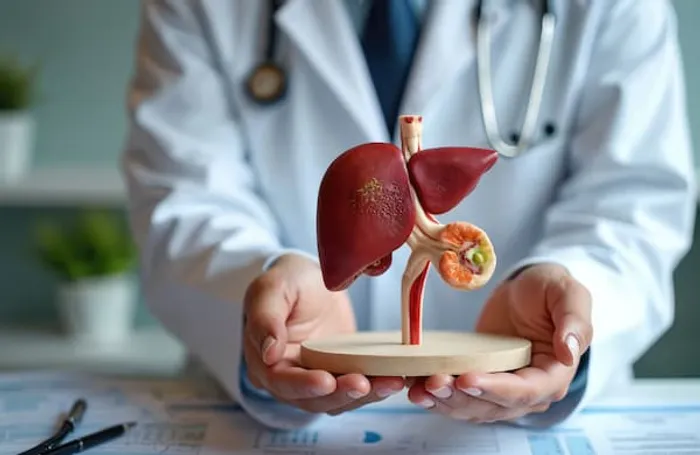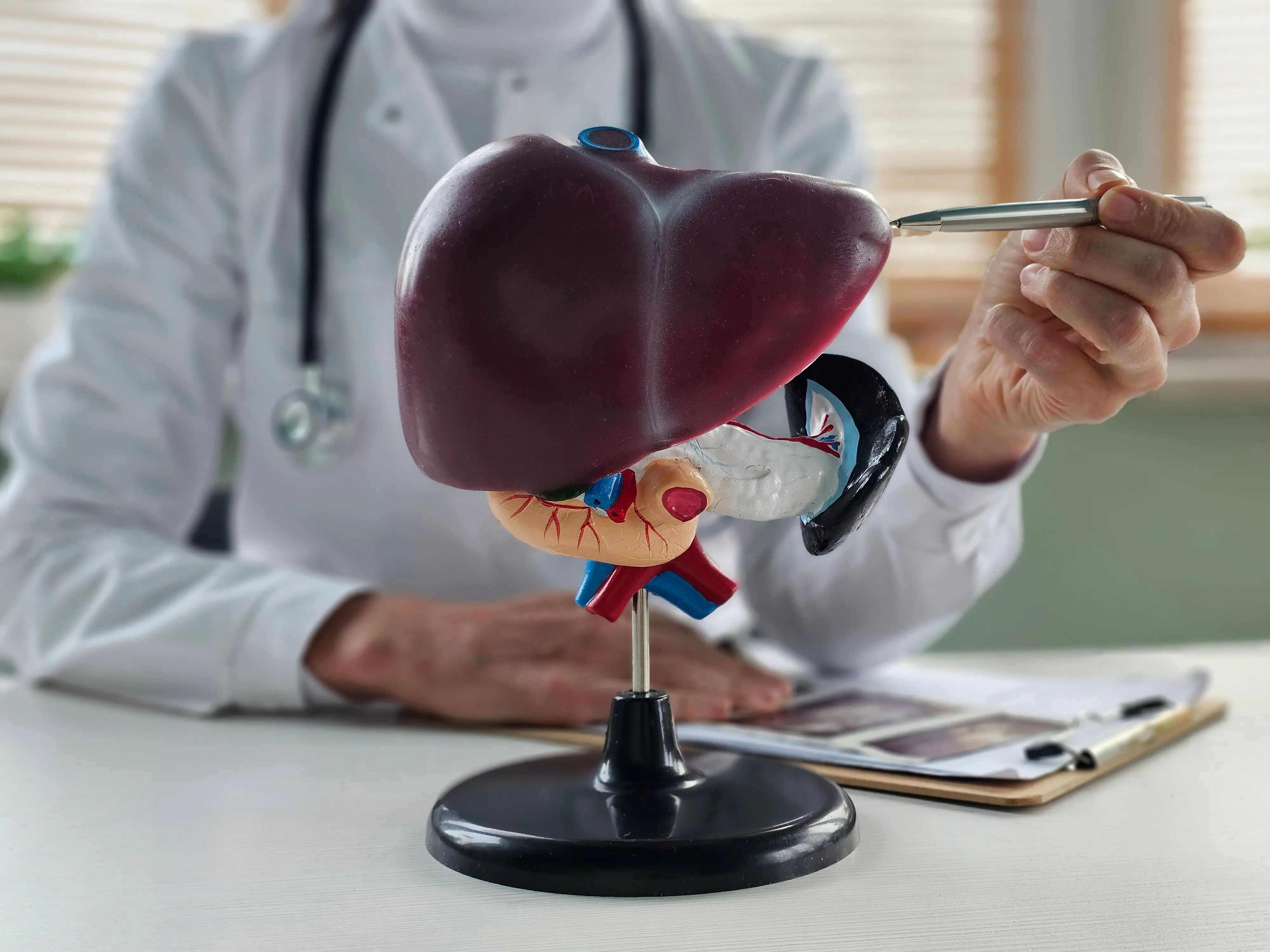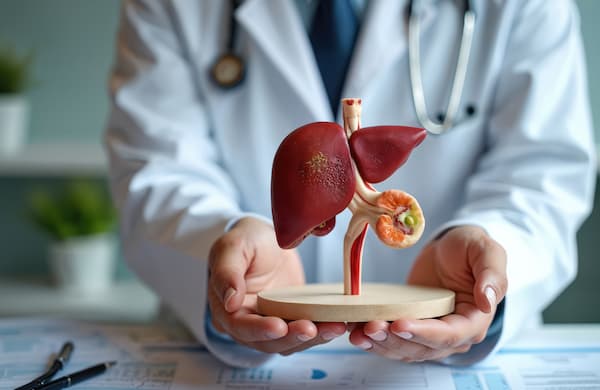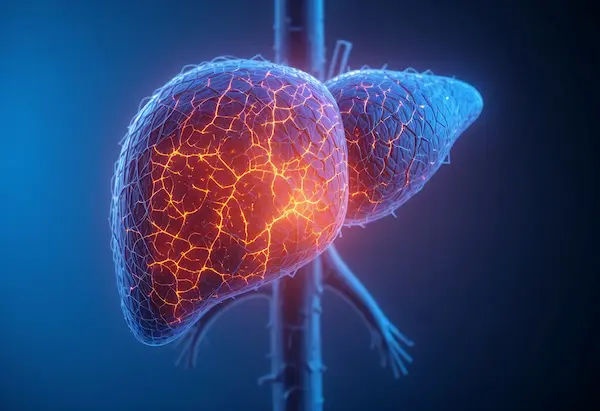Life Expectancy After Liver Transplant
Discover the life expectancy after liver transplant, including survival rates, recovery factors, and long-term health outlook. Learn how lifestyle and medical care impact outcomes.


Introduction
A liver transplant is a life-saving procedure for individuals with severe liver disease or failure. If you or a loved one has undergone or is considering a liver transplant, you may wonder about life expectancy after the surgery. The good news is that advancements in medical science have significantly improved survival rates and quality of life post-transplant. In this article, we’ll discuss what to expect after a liver transplant, factors that influence life expectancy, and how you can take care of yourself for a healthier, longer life.
Life Expectancy After Liver Transplant
Liver transplant outcomes have improved dramatically over the years due to better surgical techniques, effective immunosuppressant medications, and improved post-transplant care. Here’s what research indicates:
Short-term survival (1 year): Around 90% of patients survive the first year after a liver transplant.
Long-term survival (5 years): About 70-80% of patients live for at least five years post-transplant.
Beyond 10 years: Many patients live for 15-20 years or more with proper care.
These numbers are encouraging, but individual outcomes depend on several factors, including age, overall health, and adherence to medical advice.
Factors That Affect Life Expectancy After Liver Transplant
Several factors influence how long a person lives after a liver transplant:
1. Underlying Health Conditions
Patients with additional health issues like heart disease, diabetes, or kidney problems may have a slightly lower life expectancy.
Viral infections (such as hepatitis B or C recurrence) can also impact survival.
2. Age at the Time of Transplant
Younger patients (under 60) generally have better long-term outcomes.
Older adults can still have successful transplants but may face more complications.
3. Cause of Liver Failure
Patients with non-alcoholic fatty liver disease (NAFLD) or autoimmune liver diseases often have better outcomes than those with alcoholic liver disease or liver cancer.
4. Post-Transplant Care & Medication Adherence
Taking immunosuppressant medications as prescribed is crucial to prevent organ rejection.
Regular follow-ups with the transplant team help detect complications early.
5. Lifestyle Choices
Avoiding alcohol, smoking, and unhealthy diets significantly improves long-term survival.
Regular exercise and a balanced diet help maintain overall health.
Consult Top Specialists for Personalised Tips
How to Improve Longevity After a Liver Transplant?
To maximise your life expectancy and quality of life after a liver transplant, follow these essential tips:
1. Take Medications as Prescribed
Immunosuppressants prevent your body from rejecting the new liver. Never skip doses.
Report any side effects (like infections or high blood pressure) to your doctor immediately.
2. Maintain a Healthy Diet
Eat plenty of fruits, vegetables, lean proteins, and whole grains.
Limit salt, sugar, and processed foods to avoid weight gain and high blood pressure.
3. Stay Active
Gentle exercises like walking, swimming, or yoga help maintain strength and prevent weight gain.
Avoid heavy lifting for the first few months after surgery.
4. Avoid Alcohol & Smoking
Alcohol can damage your new liver and increase rejection risks.
Smoking harms your lungs and heart, reducing overall survival rates.
5. Regular Health Check-ups
Routine blood tests and liver function tests help monitor your organ’s health.
Annual screenings for infections, diabetes, and heart disease are essential.
6. Manage Stress & Mental Health
A transplant can be emotionally challenging. Seek support from family, friends, or a counsellor if needed.
Meditation and relaxation techniques can help reduce stress.
Possible Complications & How to Prevent Them
While liver transplants are generally successful, some complications may arise:
Organ Rejection: The body may see the new liver as foreign and attack it. Taking immunosuppressants reduces this risk.
Infections: Weakened immunity increases infection risks. Practice good hygiene and avoid crowded places initially.
Side Effects of Medications: Some drugs may cause diabetes, high blood pressure, or kidney issues. Regular monitoring helps manage these.
Early detection and treatment of complications improve long-term survival.
When to Seek Medical Help?
Contact your transplant team immediately if you experience:
Fever, chills, or signs of infection
Jaundice (yellowing of skin or eyes)
Severe fatigue or confusion
Swelling in the legs or abdomen
Difficulty breathing
Conclusion
A liver transplant can give you a second chance at life, and with proper care, many patients live for decades afterward. By following medical advice, maintaining a healthy lifestyle, and staying vigilant about complications, you can enjoy a fulfilling and long life post-transplant. If you have concerns about liver health or need guidance on post-transplant care, Apollo 24|7 offers expert consultations and support. You can book an appointment with a hepatologist or transplant specialist for personalised advice.
Consult Top Hepatologist
Consult Top Hepatologist

Dr. E Prabhakar Sastry
General Physician/ Internal Medicine Specialist
40 Years • MD(Internal Medicine)
Manikonda Jagir
Apollo Clinic, Manikonda, Manikonda Jagir
(150+ Patients)

Dr. Srinivasa Reddy
Hepatologist
12 Years • MBBS, MD (General Medicine), DM (Hepatology),ASGE
Hyderabad
Myra Liver & Gastro Care, Hyderabad

Dr. Aswin S. Krishna
Hepatologist
10 Years • MBBS, MD (Internal Medicine,MMC), DM (Hepatology, MMC), PDF(Fellowship in Liver Transplanatation)
Chennai
Apollo Hospitals Greams Road, Chennai
(125+ Patients)

Dr. Murugan N
Hepatologist
18 Years • MBBS, MRCPI, FRCPG
Chennai
Apollo Hospitals Greams Road, Chennai
(425+ Patients)

Dr U V U Vamsidhar Reddy
Hepatologist
10 Years • MBBS, MD (JIPMER), DM (Hepatology, PGIMER)
Chennai
Apollo Hospitals Greams Road, Chennai
(75+ Patients)
Consult Top Specialists for Personalised Tips

Dr. E Prabhakar Sastry
General Physician/ Internal Medicine Specialist
40 Years • MD(Internal Medicine)
Manikonda Jagir
Apollo Clinic, Manikonda, Manikonda Jagir
(150+ Patients)

Dr. Srinivasa Reddy
Hepatologist
12 Years • MBBS, MD (General Medicine), DM (Hepatology),ASGE
Hyderabad
Myra Liver & Gastro Care, Hyderabad

Dr. Aswin S. Krishna
Hepatologist
10 Years • MBBS, MD (Internal Medicine,MMC), DM (Hepatology, MMC), PDF(Fellowship in Liver Transplanatation)
Chennai
Apollo Hospitals Greams Road, Chennai
(125+ Patients)

Dr. Murugan N
Hepatologist
18 Years • MBBS, MRCPI, FRCPG
Chennai
Apollo Hospitals Greams Road, Chennai
(425+ Patients)

Dr U V U Vamsidhar Reddy
Hepatologist
10 Years • MBBS, MD (JIPMER), DM (Hepatology, PGIMER)
Chennai
Apollo Hospitals Greams Road, Chennai
(75+ Patients)




